Finding a clean toilet when travelling has to be one of the important considerations for most travellers. Most people who’ve travelled anywhere, whether near to home or to a foreign country, will have a story to tell. That’s why the terms ‘Bali belly’ or ‘Delhi belly’ are just a couple of the polite terms used.
Finding a clean toilet – our 8 top tips
These tips come with a warning – despite your best efforts you may sometimes have to use a toilet in an emergency that is way below your expectations. Be prepared to learn a thing or two, like a companion of this writer who had to use a doorless and very dark toilet in China. Just use your imagination to fill in the blanks!
Different styles of toilets
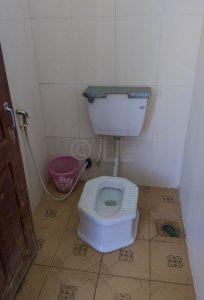
Basically, there are two types of toilets – ‘squat’ and ‘sit’.
- Squat toilets are common around Asia, but the ‘sit’ type is gaining popularity, particularly in areas where tourists gather.
- While most squat toilets are only raised slightly above ground level, they may be much higher.
- In less urban environments there may be a bucket or water (river/sea) underneath, or just a ‘long drop’.
- Don’t expect toilet paper, hand towels or drier, or a bidet.
- In Asia, we’ve found the most consistently clean toilets in Laos.
- Australian toilets, however remote, are the sitting type and are generally clean, non-smelly and have water and toilet paper.
- In China, it is not uncommon to find doorless stalls and a single trench that runs through all of them. You have to squat over the trench and there’s usually a preference for the stall furtherest from the entrance.
*** TIP – you probably won’t know what you’ll find inside, just by looking at the outside.
Special toilets
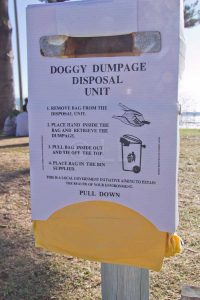
Toilets suitable for travellers with special requirements are often hard to find in many countries although the provision of special toilets is becoming more common.
- Toilet facilities for disabled travellers, including those using a wheelchair etc are usually clearly labelled.
- Facilities which are non-gender specific may or may not be labelled as such. They may just be labelled ‘Toilet’.
- Baby change facilities, rooms for nursing mothers etc may have a separate room, either within a toilet block or as a stand alone unit with or without a toilet.
- Toilets at the beach in Australia often have free shower facilities. These shower facilities may be shared or individual with a door and hooks for towel and clothes.
*** TIP – There is a good facility in KLCC Suria in Kuala Lumpur on the Lowest level, which has a small playground for the older children while mum attends to the baby or her own needs.
*** TIP – You can even take care of your pooch at the beach in Cottesloe, Western Australia. They have a plastic bag dispenser for you to collect the doggy-doo to take it home.
Public transport toilets
Toilets on planes, trains and buses generally start out clean enough at the beginning of the journey, but may deteriorate as you go along.
- Toilets are not generally found on commuter trains or buses, use the facilities at the station.
- Bus toilets can require strong leg muscles as the bus tends to sway at the rear where the toilet is located. Use the hand rails to steady yourself.
- Train toilets may be similar to aircraft toilets and well supplied with paper and running water.
- You may have the older style ‘long drop’ type in your train. Please don’t use when the train is standing in a station.
- If you are travelling long distance, make sure you have a roll of toilet paper (or two) with you.
Pay toilets – have small change ready
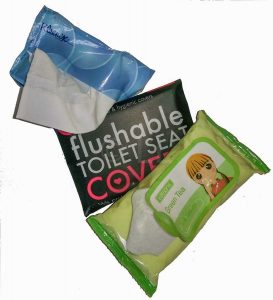
The term ‘spend a penny’ comes from the need to insert a penny coin in the slot on the toilet door in old British toilets.
The coin in a slot method is still widely used worldwide.
- Zurich is one place that requires a coin in a slot – this takes one Euro. Very expensive toilets!
- Many department stores and shopping centres have free toilets.
- Toilet paper may be supplied, available for a price, or not available at all.
- Some toilets have dispensers where you can pay for tissues or sanitary towels and in some places, condoms.
- Sometimes there’s an attendant to take your money and give you paper.
*** TIP – Carry toilet paper & bottled water, wet wipes and seat covers
*** TIP – if you’ve stopped for a coffee or fast food, use the toilets before you leave.
Useful medicines etc
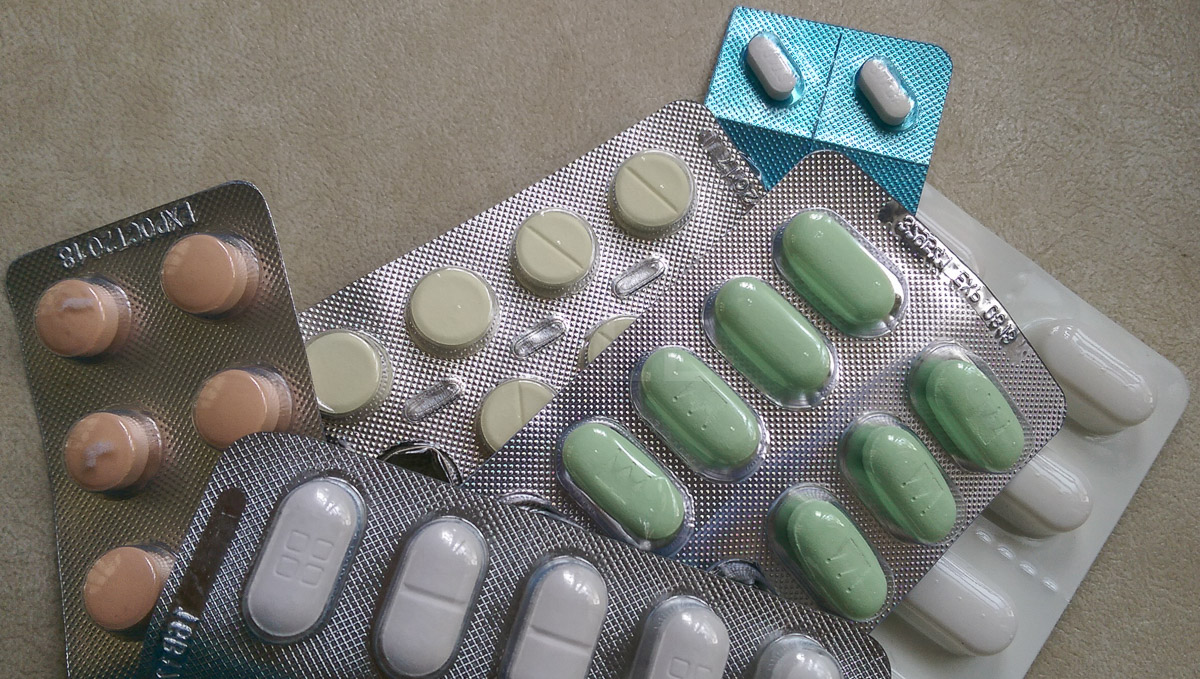
If you are worried about being caught with tummy troubles, be prepared:
- If you are going to a country where diseases like cholera are endemic, ask your doctor for advice
- Take the appropriate medicine with you, clearly labelled.
- Charcoal tablets are useful if you do get the ‘runs’ and there are often local remedies that are effective.
- Chinese medicine and other similar medications should only be used if you are already familiar with these and buy them from a properly registered pharmacy.
Don’t eat the salad!
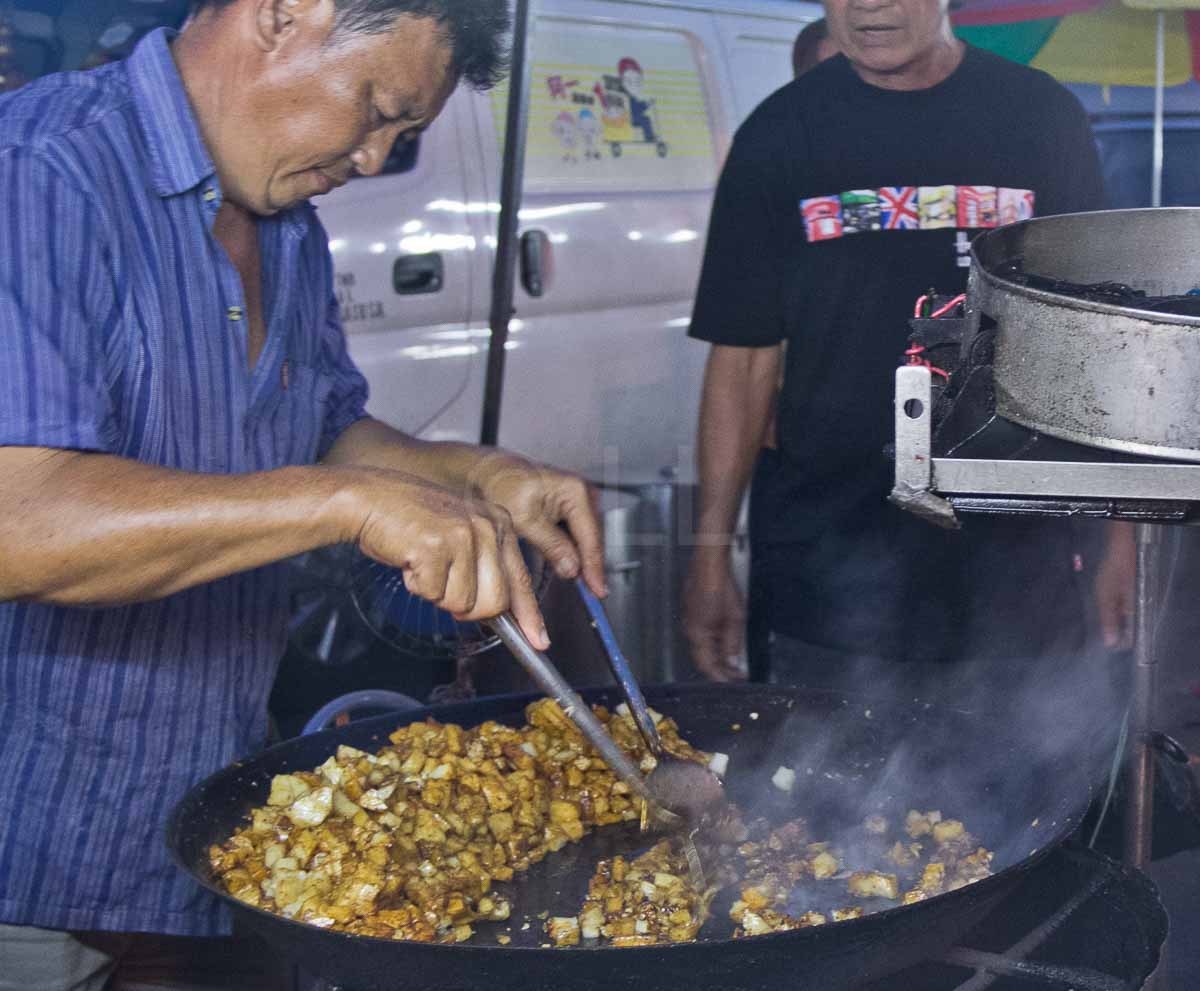
Basically, be careful what you eat and drink –
- Eat freshly cooked food.
- Drink bottled, canned or freshly prepared hot drinks.
- Be careful with ice. Commercially prepared ice may be fine in many countries, but not always. Ask a local.
- Check if the local tap water is safe to drink, if it is, then look for water fountains and don’t waste money on bottled water.
- Boiling is generally a good idea if the water is safe, but you are not convinced.
- and really… DON’T eat the salad! Unless you are sure it has been prepared hygienically and washed in drinkable water.
Learn the local words to use
Even though signs are often multilingual, you will find it useful to know how to at least say ‘toilet’ in the local language.
- Know what the words look like or how they are spelt.
- Grasping your middle and making the appropriate desperate faces may help.
- If you see a sign to the toilets as you move around, make a note, just in case.
- Sometimes the toilet sign is really well hidden.
Using the toilet
Most importantly, leave the place at least as clean as you found it.
- If you’re not familiar with using a particular type of toilet, these signs will help.
- If there is a bidet attachment, be careful not to wet the whole floor.
- Some places (particularly in China) ask you not to flush paper. Drop it in the basket or bin provided.
And the awards go to…..
We’ll check out the Japanese evidence soon, but for now, our top toilet awards have to go to these near the main Railway Station in Taipei, Taiwan.
The information is dual language, it’s not hard to work out:
- Which stalls are in use
- The type (squat/sit)
- Which ones are not working.
- Paper is provided and a pull-up handle, though there’s no washing hose.
- Women will appreciate that there are extra female toilets available.
In addition, the toilets were free and there was an attendant to make sure all could use a clean toilet.
images © LL, LKY
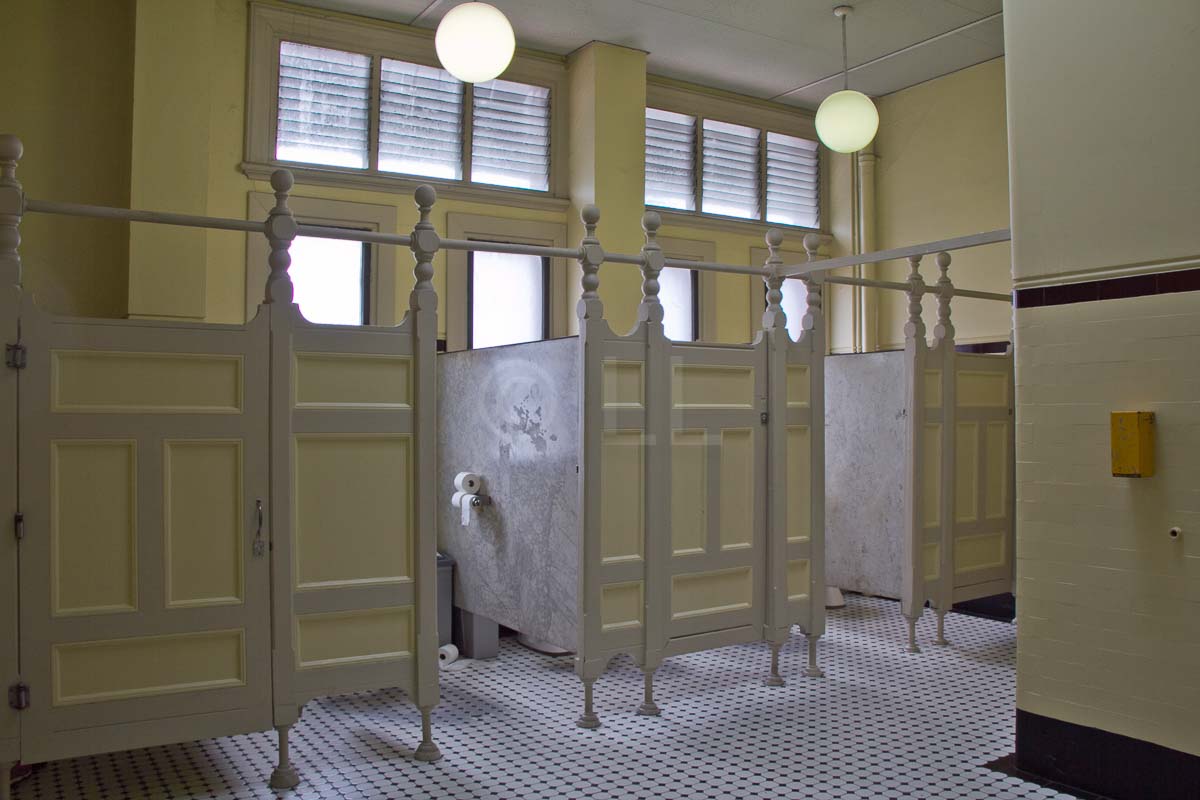
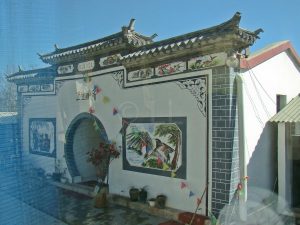
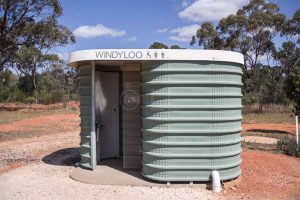
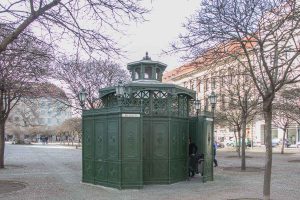
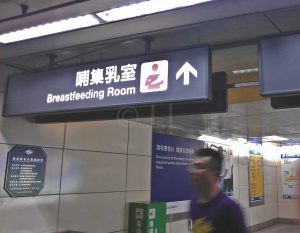
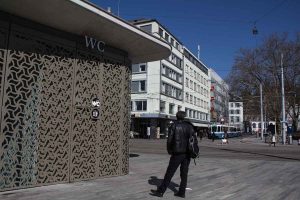
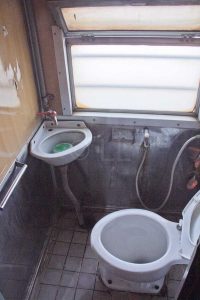
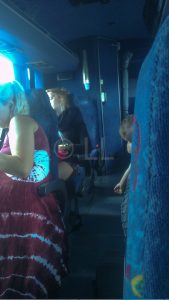
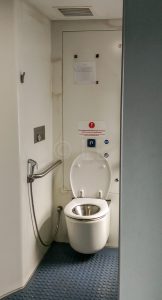
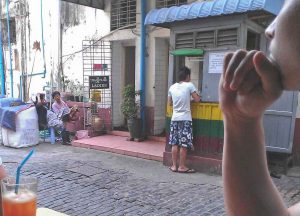
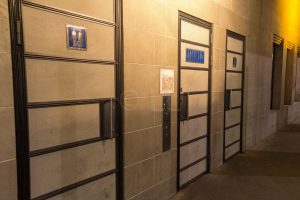
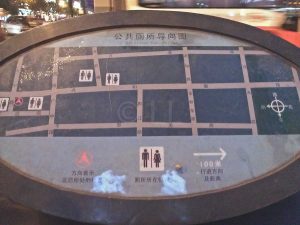
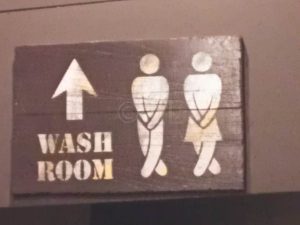
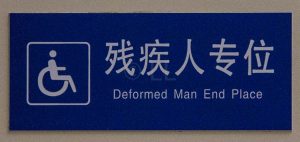
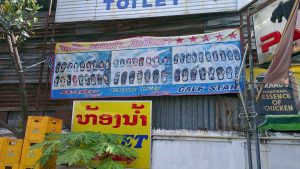
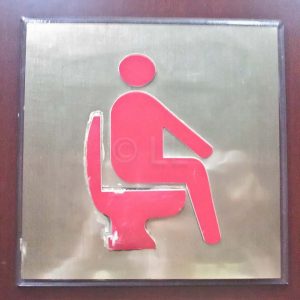
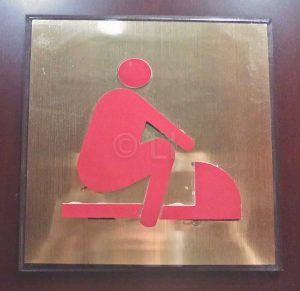
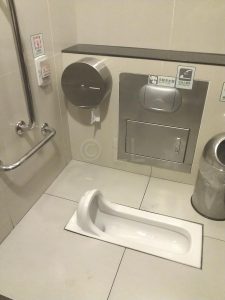
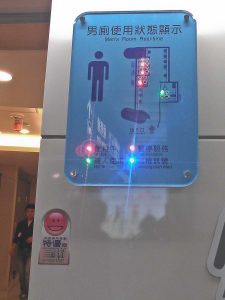
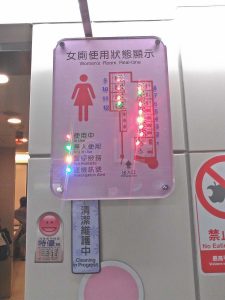
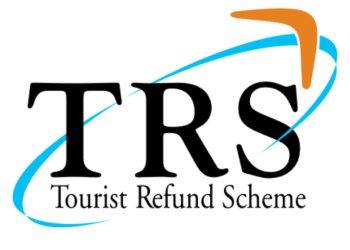
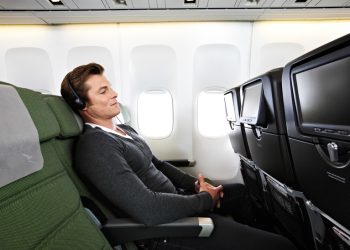

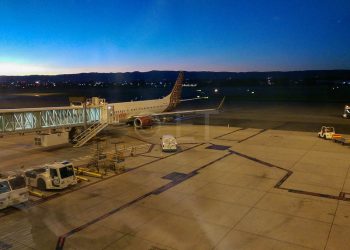
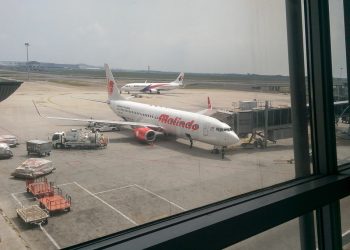
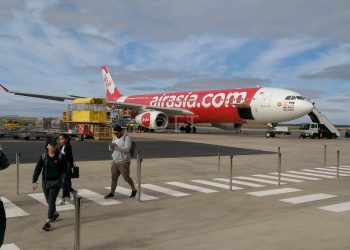
This Post Has 0 Comments